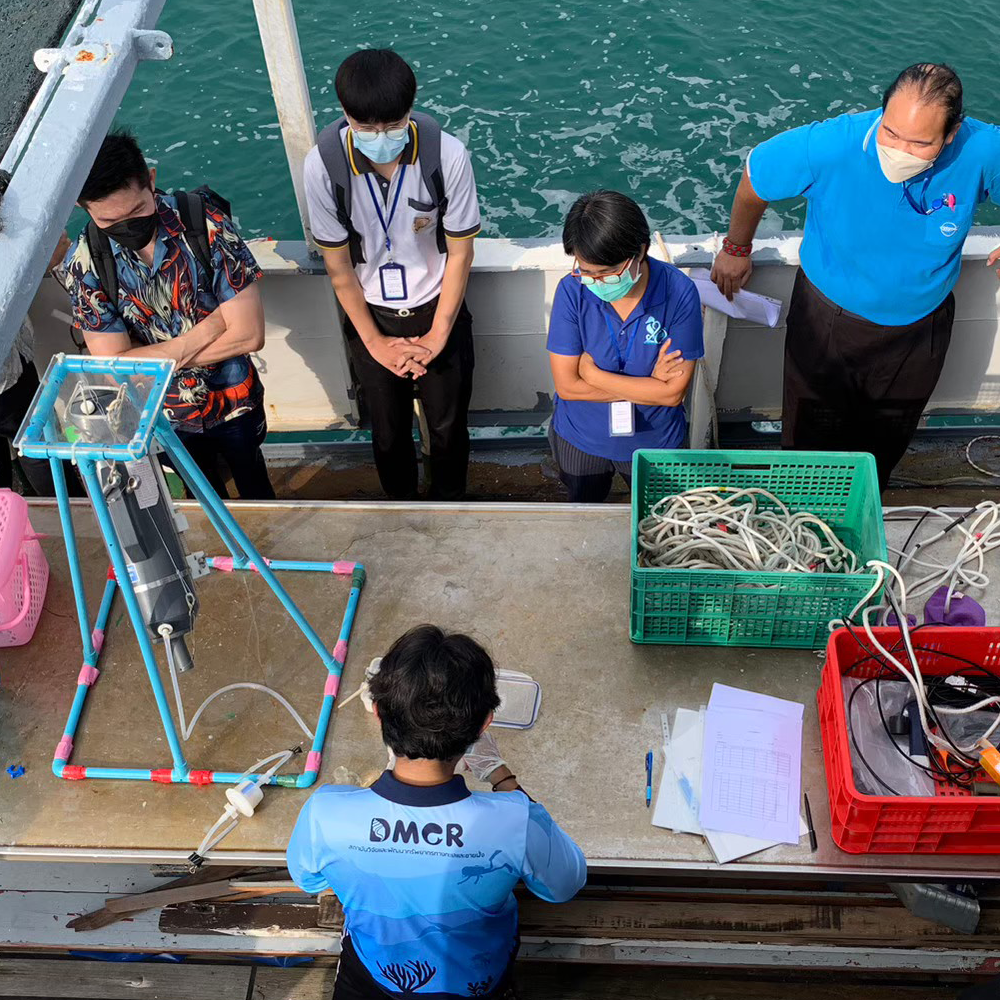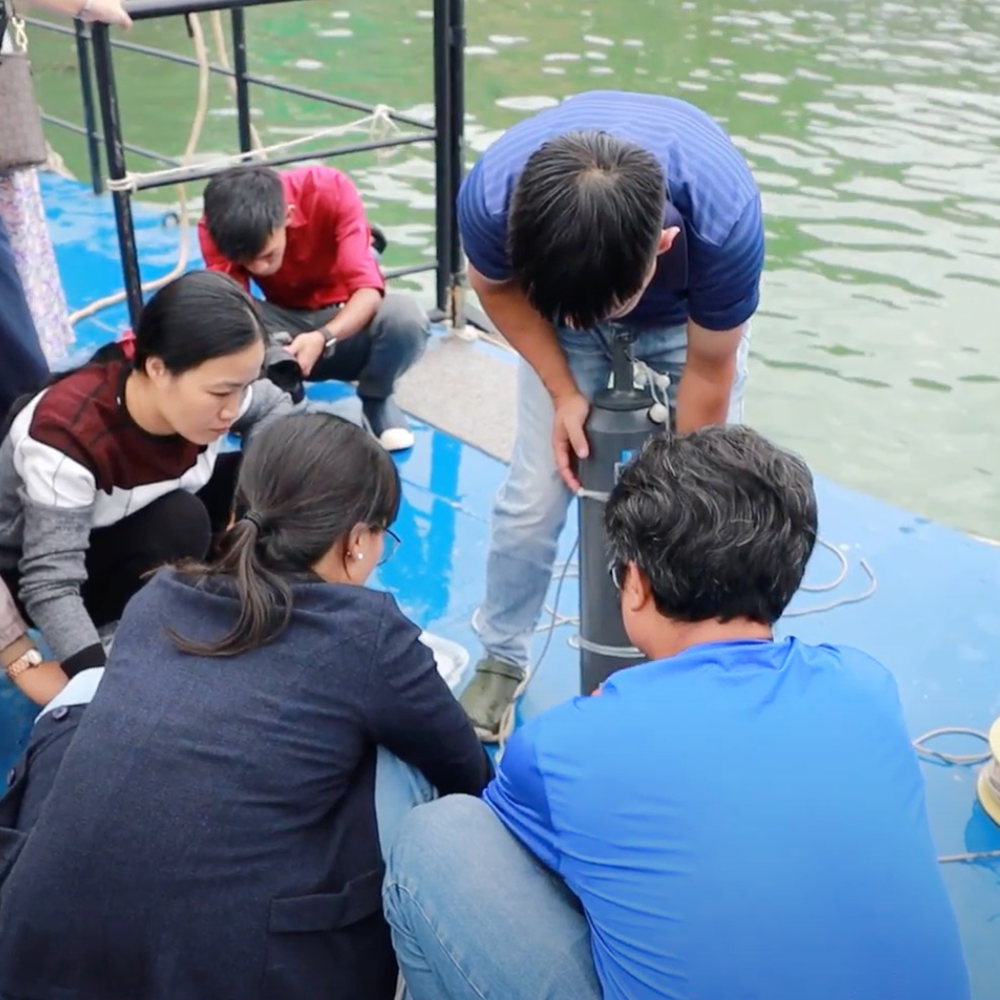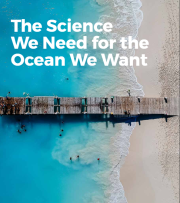- Wenxi Zhu
- Posted on November 5, 2022
- Bangkok, Thailand
“What is ocean acidification?”, “How does it happen and impact our livelihoods?”, and “How can we measure, mitigate and adapt to it?” A number of questions were raised from various ocean stakeholder groups at the three national ocean acidification and stakeholder engagement workshops, which the IOC Sub-Commission for the Western Pacific (WESTPAC) organized successively in Malaysia, Vietnam and Thailand, during October-November 2022.
Ocean acidification is a direct consequence of increased human-induced carbon dioxide (CO2) concentrations in the atmosphere. It jeopardizes the ability of ocean ecosystems, including those calcifying marine organisms, to adapt themselves to an acidifying environment. Under the Sustainable Development Goal (SDG) 14, dedicated to the ocean, its target 14.3 calls to minimize and address the impacts of ocean acidification, including through enhanced scientific cooperation at all levels.
In view of rather limited awareness on ocean acidification and a poor understanding of the ecosystem responses, the Sub-Commission, with the financial support of the UNESCO/Japanese Funds-in-Trust (JFIT), developed and conducted national training and engagement workshops, in support of member states in the region to enhance national capacities for ocean acidification research and monitoring, and to raise the awareness of key stakeholders in their respective countries on ocean acidification and its impacts, so as to develop closer partnerships towards fulfilling the commitment to SDG 14: Life below water.


From 20 to 22 September 2022, 30 participants from Malaysian research communities/academia and government agencies gathered at the Centre for Marine and Coastal Studies (CEMACS), Universiti Sains Malaysia (USM), Penang, Malaysia. The training workshop provided participants with knowledge on coral reefs and ocean acidification, experimental design and instrumentation in ocean acidification research, impacts of ocean acidification on the aquaculture industry, and potential socioeconomic impacts of ocean acidification. Hands-on trainings were also conducted on pH and Total Alkalinity measurement and analysis. This training workshop marked the beginning of a national ocean acidification network in Malaysia.
In Vietnam, 56 participants from government authorities, research institutes, universities, and private sectors in Vietnam gathered at the Institute of Oceanography (IO), Nha-Trang,13 -15 October 2022. The diversity in participation allowed the training to initially focus on raising awareness of a wider ocean-related stakeholders in the country on the need to conduct ocean acidification studies, to develop national policies on OA monitoring and climate change mitigation and adaptation. Strong interest was also reflected by Marine Protected Areas practitioners in proposing their MPAs as the WESTPAC ocean acidification monitoring sites in Vietnam, in partnership with research institutes such as IO. This training workshop provided a good opportunity to support the development of a solid national network, and demonstrated potential for expanding and sustaining OA activities in Vietnam.
Hosted by the Prince of Songkhla University (PSU), Phuket Campus, and Phuket marine biological Center (PMBC), Thailand, the National Training Workshop for Thailand took place on 2 – 4 November 2022, attended by 27 participants from research institutes, universities and government agencies. Participants were taught how to measure pH and TA using Spectrophotometer and Automated/Manual Titrations respectively, how to calculate other carbonate parameters using CO2SYS, and to assess the impacts of OA on marine organism biodiversity in coral reef habitats using the Autonomous Reef Monitoring Structure (ARMS).
The convening of the three national training workshops generated positive impacts at national levels in sustaining research and monitoring of ocean acidification and its impacts, and developing meaningful and long-term partnerships in preparing for and mitigating ocean acidification. Given that most of countries are developing states with limited investment in ocean research and monitoring, much more needs to be done in the region.




